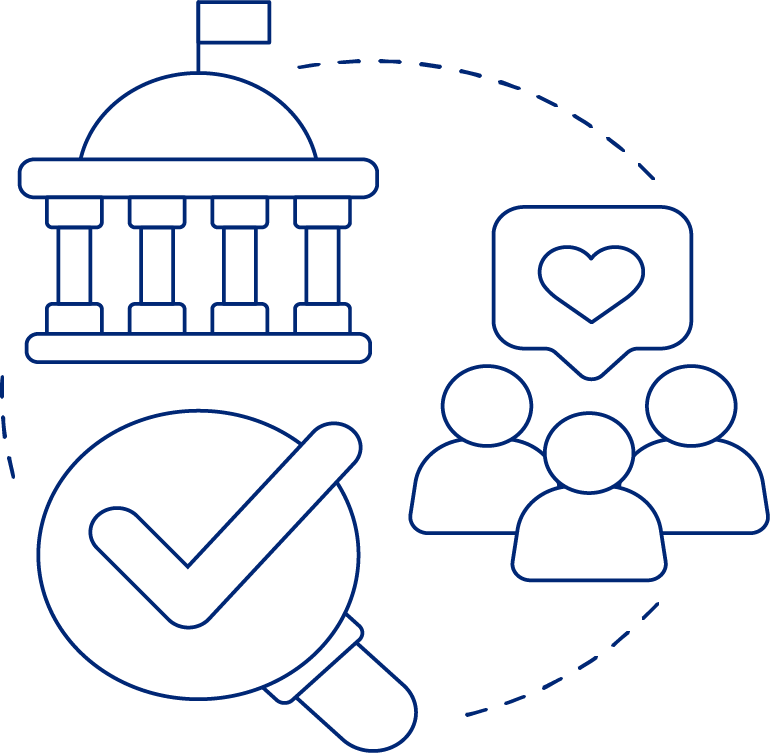The Public Sector Supervision Certificate builds leadership competencies skills and knowledge of your managers and supervisors to lead in the public sector.
Many public sector leaders are promoted into their roles for their exceptional work in the department’s area of expertise. However, transitioning from doing the work to leading the people who do the work, can be challenging. Understanding and interpreting the organization’s policies and procedures may be all new areas. The Public Sector Supervision Certificate builds the leadership competencies skills and knowledge for your managers and supervisors to lead in the public sector.
IPD offers these courses statewide and maintains records so if your city or county employees already completed courses in a previous role, we can let you know so that they do not repeat the training.

Completing all 12 courses (or 48 hours of professional development) earns the e-badge Public Sector Supervision Certificate. This certificate can be converted to 2 credits of graduate-level work from the Department of Public & Nonprofit Leadership. Use the credits towards these Metro State University degrees:
Learn more about how to convert your Public Sector Supervision Badge into 2 Metro State graduate credits:











